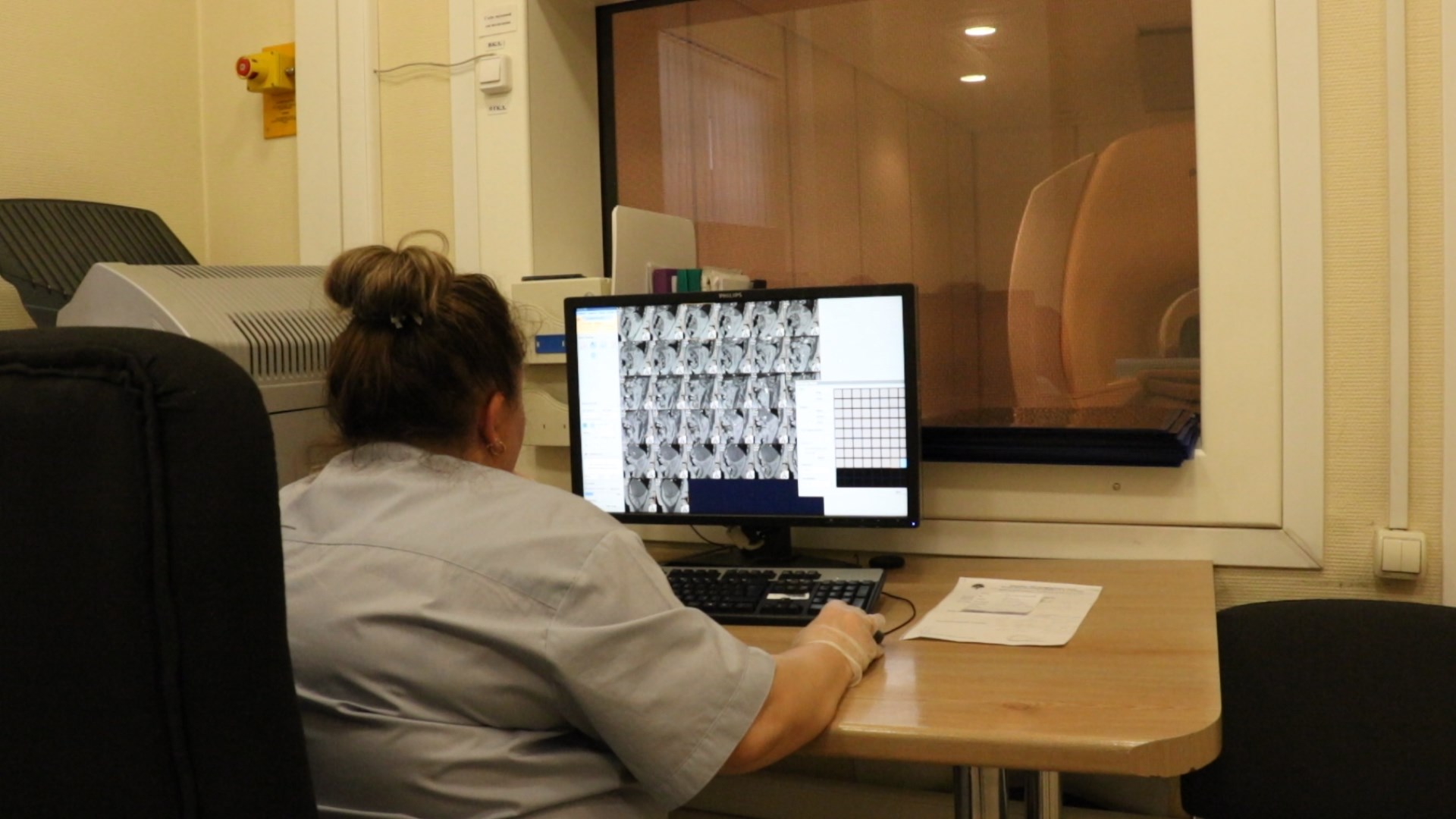An important development in the story of the children of Berezovka, Kazakhstan, who were poisoned by toxic emissions, raises questions about the World Bank’s redress mechanisms. Toxic exposure from an accident at the Karachaganak Oil and Gas Condensate Field, resulted in a diagnosis of toxic encephalopathy for children from Western Kazakhstan and no remedy for human rights violations from the International Finance Corporation, which provided $150 million in financing to the developer of the field, Karachaganak Petroleum Operating, B.V. consortium. The consortium is comprised of Chevron (US), Shell (the Netherlands), ENI (Italy), Lukoil (Russia), and Kazmunaigaz (Kazakhstan).
On April 18, civil society organizations and activists discussed shrinking civic society space and its link to international financial institutions as part of the Civil Society Policy Forum at the World Bank 2018 Spring Meetings.
The panel, “Valuing Civic Space for More Effective and Sustainable Development,” discussed the role civil society plays in international development and how that role is often hindered by limitations to civic engagement in countries with restricted public space. Panelists provided examples from Azerbaijan, Kazakhstan, Egypt, Honduras, and various other places, where the state of civil society is bleak, yet the countries receive major financial support from international financial institutions. Lack of transparency, pollution, abuse of workers’ rights, and disregard for the needs of local communities are just some of the consequences of such an approach.
As described by Crude Accountability executive director Kate Watters, the Karachaganak Oil and Gas Condensate Field in Western Kazakhstan is one of the most vivid examples of IFIs’ disregard for local communities and deeply flawed redress and complaint mechanisms. Due to the limits of the official redress mechanisms, the IFC bears no legal responsibility for detrimental social or environmental consequences for projects while local residents are forced to deal with negative consequences for the rest of their lives, including those as severe as brain damage in children, as is the case at Karachaganak.
In March 2018, after three years of complaints and demands following an accident at the field that caused severe medical trauma, children from Berezovka were examined by medical professionals in Moscow, Russia. Based on the results of comprehensive medical examinations, the girls were diagnosed with toxic encephalopathy, a brain disease caused by chemical poisoning. In the diagnosis, the doctor indicated that the disease was most likely caused by exposure to hydrocarbons and their fumes.
On November 28, 2014, 25 children and 4 adult residents of the village of Berezovka, just 5 kilometers from the Karachaganak Oil and Gas Condensate Field, suffered convulsions, fainted, developed strong cramps, dizziness, and experienced blood pressure surges and severe headaches. The day before, there was an accident on the Karachaganak Oil and Gas Condensate Field. Despite the children’s ongoing symptoms, for over 3 years the Kazakhstan state-owned hospitals failed to provide a proper diagnosis or prescribe correct treatment for these children. Postponing the diagnosis only worsened the children’s health conditions.
Since 2003, the residents of Berezovka have continuously expressed their deep concern that their children would be harmed by the oil and gas exploitation occurring at the Karachaganak Field, and demanded relocation to a safe and clean location away from the field. The IFC, its client (the KPO consortium), and the government of Kazakhstan ignored the demands of the local for almost fifteen years.
Crude Accountability now has documented evidence that the Berezovka children suffer from toxic poisoning by hydrocarbons, the source of which, most likely, was the Karachaganak Field. The absence of government or corporate support for treatment means that the parents and children are left alone to face the consequences of this exposure. The treatment will take up to five years, requires expensive drugs, monitoring by qualified specialists, and, most likely, additional trips to Moscow. Without treatment, the girls may become permanently disabled.
“It is shameful that the children of Berezovka have paid the price for the greed of these institutions with their health,” said Kate Watters, executive director of Crude Accountability.
After the disaster, the government of Kazakhstan made the decision to relocate Berezovka, a process that began in December 2015 and was completed by January 1, 2018. The villagers had been fighting for their relocation for 14 years.
Social and environmental concerns should be an important consideration when the World Bank Group makes a decision to finance a risky project in the name of development.
“Inside the walls of this institution, ‘human rights’ are perceived as dirty words. The Bank says it doesn’t do human rights, it does development. Well, let’s not forget that the World Bank is a specialized UN Agency, and as such, it has an obligation not only to respect, but also to promote human rights and fundamental freedoms for all. This why the Bank enjoys its privilege of immunity. Can you imagine what would happen if the Bank did not enjoy such immunity, in the face of the deaths, of the gross violations of human rights, that have resulted from its investments? If the Bank wants to enjoy its immunity, then it must fulfill its obligations as a UN Agency,” said Sonia Zilberman, Crude Accountability South Caspian Energy and Environment Program Director.
The panel was organized by Crude Accountability together with the Coalition for Human Rights in Development, Bank Information Center, Global Witness, The Tahrir Institute for Middle East Policy, and other civil society groups.

